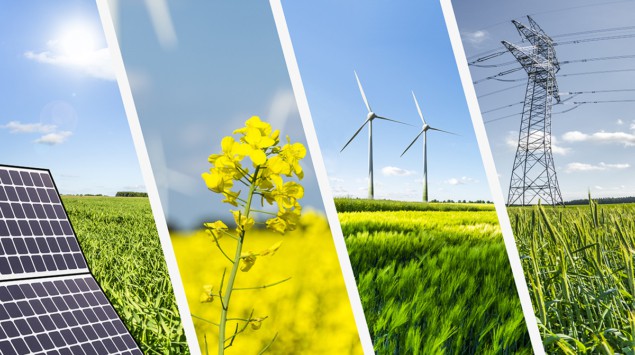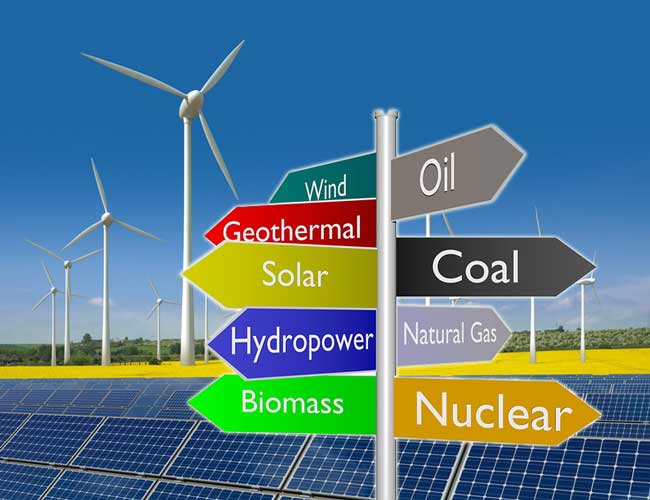It was the best of times, it was the worst of
times,
it was the age of wisdom, it was the age of
foolishness,
it was the epoch of belief, it was the epoch of
incredulity,
it was the season of Light, it was the season
of Darkness,
it was the spring of hope, it was the winter of
despair...
Charles
Dickens' "A Tale of Two Cites" (1859)
Our world is witnessing internet and mobile use and ubiquity, and there is a wave of
change, both good and bad.
The Internet, 4G and 5G is enabling People and
Organisations to transcend national
borders and span the planet.
These Organisatons are challenging Nation-States as a way in which we humans are
organising ourselves into global tribes.
Global
company are negotiating with Cities and Countries for the equivalent of
'diplomatic immunity' in return for providing jobs and revenue from the incomes
that their locally-based employees spend?
But is the power base still based on Countries and Ideologies?
As former Treasury Secretary Henry Paulson has
written, “The battle is about whose economy will drive the technology of the
future and set the standards for it.”
Why is USA banning telecom-equipment giant Huawei saying the
company is state-directed and could sabotage 5G infrastructure or use it to
steal data?
China has set explicit goals
of dominating such fields as artificial intelligence, quantum computing,
robotics, and autonomous vehicles. Huawei is leading the 5G race as a clear winner... which is going to lay the foundation of the future of Internet of Things and the Digital Highway.
Is there going to be a choice to back “China
Technology” or “American Technology” or are people going to focus on backing
the Organisation with the best product or customer service?
Chinese companies’ revenues
now account for only 25.6% of the Global
500 total, behind America's 28.8%. China is growing !!
President Xi Jinping has said
that by 2049, the communist revolution’s centennial, China will be “fully
developed, rich, and powerful,” a goal that China expert Graham Allison of
Harvard says includes being “unambiguously No. 1,” with a military “that
can take on and defeat all adversaries.”
Fortune’s founder,
Henry Luce, famously declared in 1941 that the 20th century was the American
Century.
Will the 21st century becomes
the Chinese Century in the full sense—with China dominating culture, ideals,
and concepts of human rights and human nature?
Or the Century of Global Corporations?
Will we in fact have a full 21st Century and be able to combat Climate Change?
This international power play reminds me of a few ants fighting each other for the power of their colony, and so focussed on each other, that they don't see the boot above them that will stamp them into oblivion??
MAYBE IT WILL NOT BE ABOUT THE POWER OF NATIONS, BUT IN FACT THE ABILITY TO WORK TOGETHER TO SURVIVE AND THRIVE
It was the best of times, it was the worst of times,
it was the age of wisdom, it was the age of foolishness,
it was the epoch of belief, it was the epoch of incredulity,
it was the season of Light, it was the season of Darkness,
it was the spring of hope, it was the winter of despair...
Charles Dickens' "A Tale of Two Cites" (1859)



